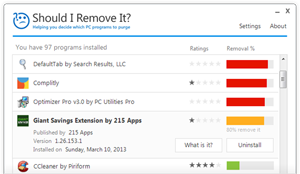Import table
kernel32.dll
UnhandledExceptionFilter, WriteFile, ConnectNamedPipe, CreateNamedPipeA, DisconnectNamedPipe, SetLastError, RaiseException, LoadLibraryA, InterlockedExchange, FreeLibrary, GetProcAddress, CreateFileA, SetThreadPriority, CreateWaitableTimerA, SetWaitableTimer, CancelWaitableTimer, DeviceIoControl, GetOverlappedResult, WaitForMultipleObjects, OpenProcess, DuplicateHandle, CreateThread, ResumeThread, PulseEvent, GetProcessHeap, HeapAlloc, lstrcpyA, OpenEventA, InitializeCriticalSectionAndSpinCount, DeleteCriticalSection, EnterCriticalSection, LeaveCriticalSection, SetEvent, ResetEvent, GetLastError, lstrlenA, Sleep, CloseHandle, WaitForSingleObject, CreateEventA, ExpandEnvironmentStringsA, GetModuleFileNameA, QueryPerformanceCounter, GetTickCount, GetCurrentThreadId, GetCurrentProcessId, GetSystemTimeAsFileTime, TerminateProcess, GetCurrentProcess, ReadFile, SetUnhandledExceptionFilter, GetModuleHandleA, lstrcmpiA, FormatMessageA, LocalAlloc, LocalFree, MultiByteToWideChar, GetACP, WideCharToMultiByte, lstrlenW
msvcrt.dll
DllMain
ntdll.dll
strpbrk, _strnicmp, isgraph, sprintf, _itoa

